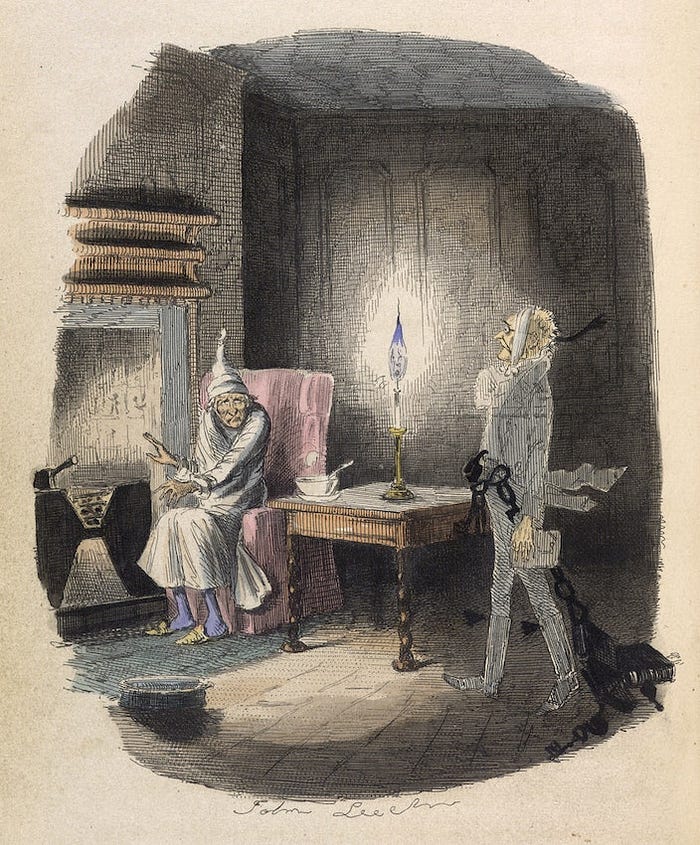The Crisis of Professional Skepticism: A Call for Integrity
Written on
Chapter 1: The Foundation of Skepticism
The realm of skepticism, particularly in relation to paranormal claims, has encountered significant challenges. The late sociologist Marcello Truzzi, who identified as a "constructive skeptic," brought attention to the necessity of substantial evidence for extraordinary claims. His assertion, later echoed by astronomer Carl Sagan, emphasized that "extraordinary claims require extraordinary evidence." Truzzi's principles were not just theoretical; they shaped the discourse around skepticism in the late 20th century.
In 1976, Truzzi became a cofounder of the Committee for the Scientific Investigation of Claims of the Paranormal (CSICOP), which is now known as the Committee for Skeptical Inquiry (CSI). However, he departed from the organization shortly after its inception, criticizing it for being dominated by "pseudo-skeptics" who prioritized public critique over genuine inquiry. He remarked, "I found myself attacked by the Committee members... My position was not to treat protoscientists as adversaries but to ask them for their best scientific evidence."
Section 1.1: The Legacy of Martin Gardner
Martin Gardner, a prominent figure in the skeptical community, is often recognized for his critiques of parapsychology. His book, On The Wild Side, offers a collection of his writings, including a chapter titled "The Obligation to Disclose Fraud," in which he criticizes J.B. Rhine, a foundational figure in the field of parapsychology. Gardner accused Rhine of inadequately addressing instances of fraud within his lab, a claim that has been scrutinized over the years.

Subsection 1.1.1: The Controversy of J.B. Rhine
Rhine, known for his pioneering work in extrasensory perception (ESP), faced scandals in the early 1970s when a student he mentored was found to have falsified results. While Rhine worked to expose the fraud, Gardner's portrayal of him was often perceived as overly critical and lacking nuance. This tension between Gardner's skepticism and Rhine's transparency highlights ongoing debates in the field.
Section 1.2: Misrepresentation in Skeptical Discourse
Further complicating matters, Gardner made unsubstantiated claims against Rhine's subject, Hubert Pearce, without providing sufficient evidence. Pearce, who participated in experiments at Duke University, defended his integrity in correspondence with Gardner, demonstrating the need for ethical standards in skepticism.
Chapter 2: Ethical Standards in Skepticism
As skepticism continues to evolve, it is crucial to address the ethical implications of its practice. The concern that self-proclaimed rationalists may compromise truth in their pursuit of skepticism remains a pressing issue. The patterns observed among figures like Gardner and others indicate a broader problem within the skeptical community.
The legacy of J.B. Rhine and the ongoing discussions surrounding his work serve as a reminder of the importance of maintaining integrity within scientific inquiry. The future of skepticism depends on a commitment to transparency and ethical standards that honor the complexities of the subjects under investigation.
In conclusion, the current crisis in professional skepticism demands a fresh approach. A generation of skeptics who prioritize honesty and rigorous inquiry is essential for fostering an environment where genuine exploration can thrive.